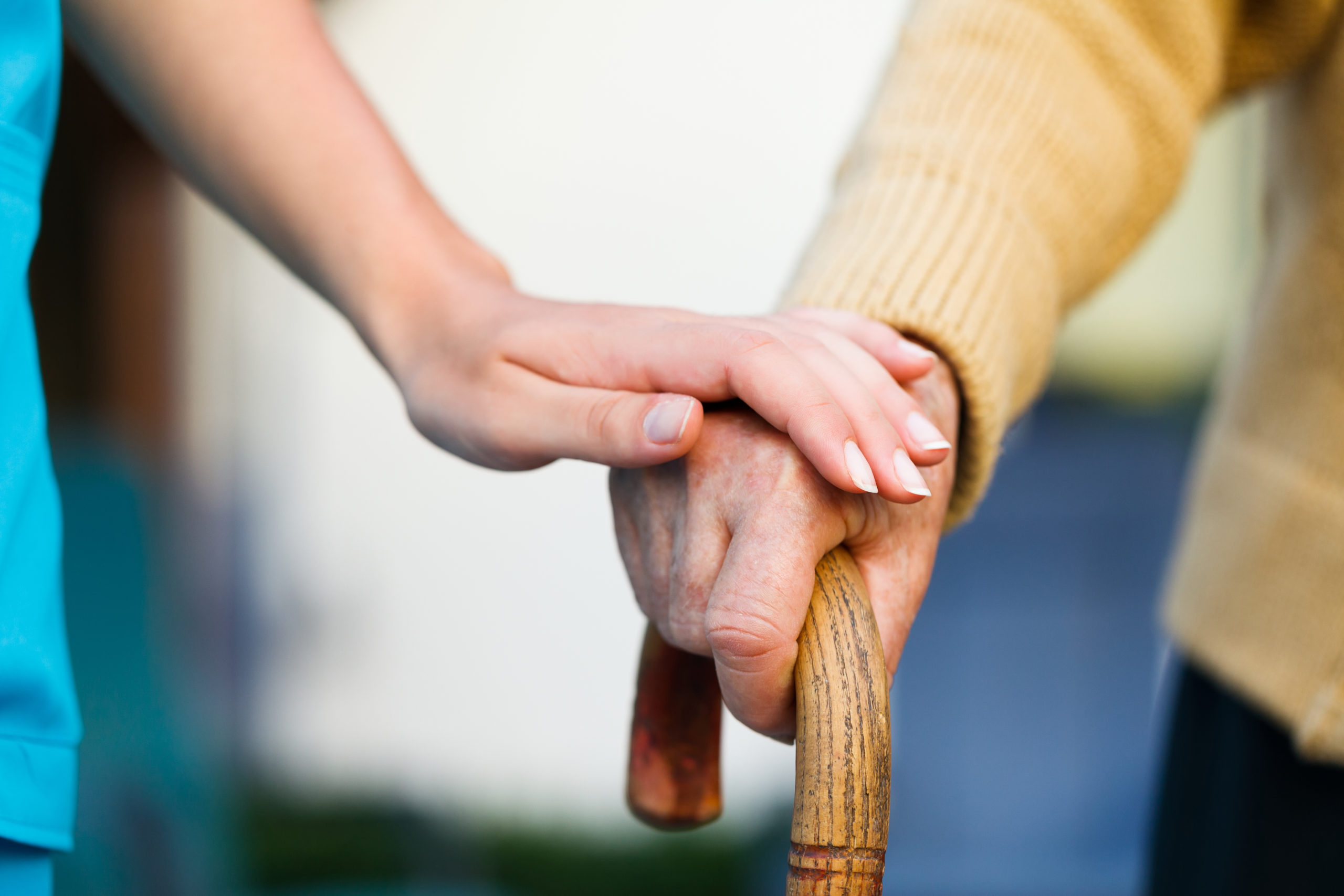People often think of home care and home healthcare as the same thing, but the terms are not interchangeable. The critical distinction is that home healthcare providers deliver medical services whereas home care providers do not.
Home healthcare agencies provide skilled care, including monitoring of health status, medical tests, administration of prescription medications, injections, physical, speech or occupational therapies, wound care, and other medical services. Depending on the patient’s needs, these services may be provided on a temporary basis, such as after surgery or trauma, or on a long-term basis, such as in the context of dementia or chronic disease. Home healthcare providers usually employ registered nurses, licensed practical nurses, physical, occupational therapists, speech therapists, social workers, and home health aides. The latter, who are unlicensed workers supervised by licensed professionals, provide various personal care services under a treatment plan prescribed by the patient’s physician.
In contrast, home care agencies focus exclusively on non-medical services. Depending on the client’s needs, home care aides provide assistance with activities of daily living, such as bathing, dressing, toileting, housekeeping, cooking, transportation, and companionship. Since home care providers are precluded from rendering any medical care whatsoever, their role is that of a professional sitter rather than a healthcare provider.
Medication errors
According to the National Center for Biotechnology Information, medication errors harm at least 1.5 million people in the United States every year. Elderly patients in the home setting are particularly vulnerable to medication errors because they are more likely to take multiple medications for comorbid conditions, and the unstructured environment is conducive to mistakes. Errors may include taking the wrong dose, skipping doses, omitting medications, or taking the medication of a spouse.
Many older adults and people recovering from illnesses or accidents require some level of temporary or permanent assistance in their homes. Since only certain home healthcare providers are legally authorized to handle medication, it is critical to understand liability issues with regard to matters involving medication.
Handling of medication
According to a 2019 research brief by the Healthforce Center at the University of California San Francisco, states have varying laws regarding the regulation of home care and home healthcare organizations. Regulations also vary based on whether aides are employed by agencies or whether they work directly for consumers. The latter is permitted in the Medicaid programs of 36 states, according to the report.
Regarding medication administration, many states do not allow home health aides or home healthcare aides to handle medication. In these states, aides are only allowed to assist patients who can self-administer their own medication by reminding them to take their pills or opening or closing a medication container.
In some states, registered nurses can delegate medication administration and certain other medicine-related tasks to home health aides and home healthcare aides, according to the Healthforce Center report. But there are rules governing which tasks can be assigned, and a set of guidelines must be followed to determine whether the individual worker is competent to perform the task. Twenty states have a specific category of unlicensed worker called a medication aide to whom medication administration can be delegated, according to the report.
A New York State law that took effect in 2018 permits home health aides with advanced training to administer medication. To become an advanced home health aide, the individual must have at least one year of homecare experience and must complete a training program, which teaches tasks such as dispensing pre-packaged medication and giving insulin injections. After completing the program, the aide is only permitted to perform these advanced tasks under the direct supervision of a registered nurse.
Trend toward more delegation of tasks
In passing its legislation, New York’s stated objective was to offer a solution for families with frail relatives who cannot self-direct their care and/or take their own medication, such as Alzheimer’s patients with dementia or diabetes patients who require assistance with insulin injections. The legislation, which is similar to laws passed in other states, was designed to allow more older adults to remain at home. For a similar reason, AARP has actively advocated for laws that allow more delegation of tasks in home settings to home health aides and home healthcare aides.
As laws evolve, home care providers and home healthcare providers must be careful to ensure that workers are trained to avoid tasks that they are not legally permitted to do and which could leave their employer open to liability.

